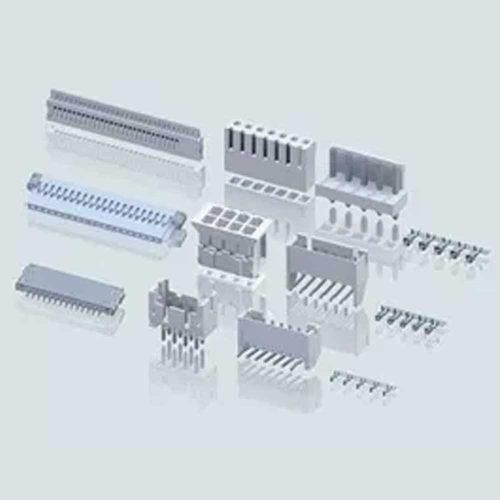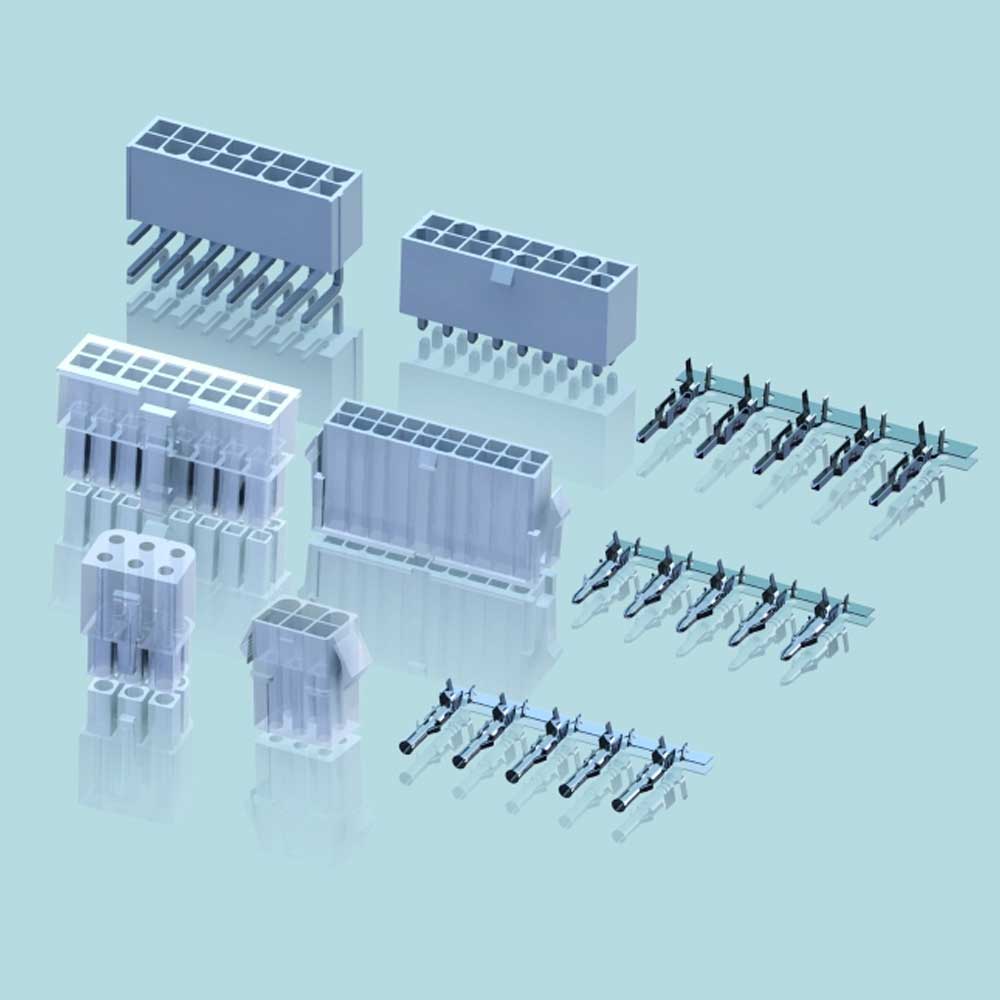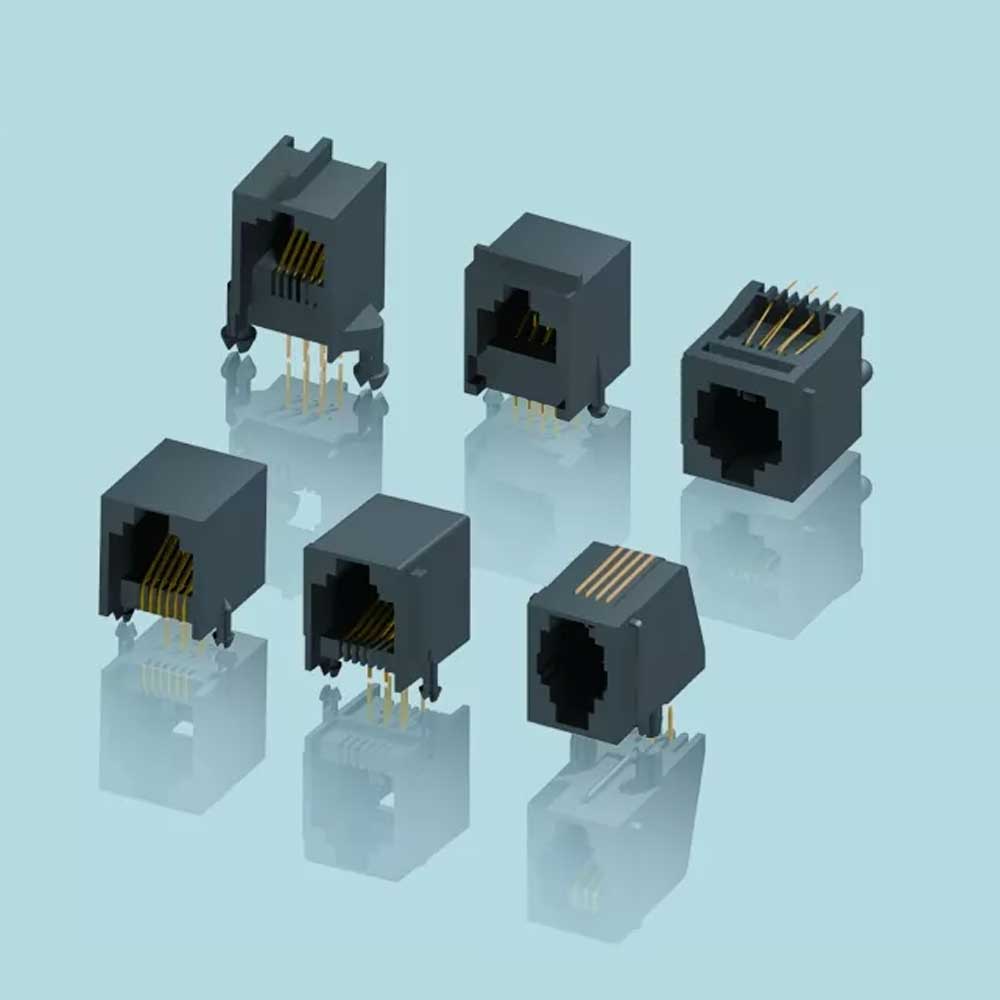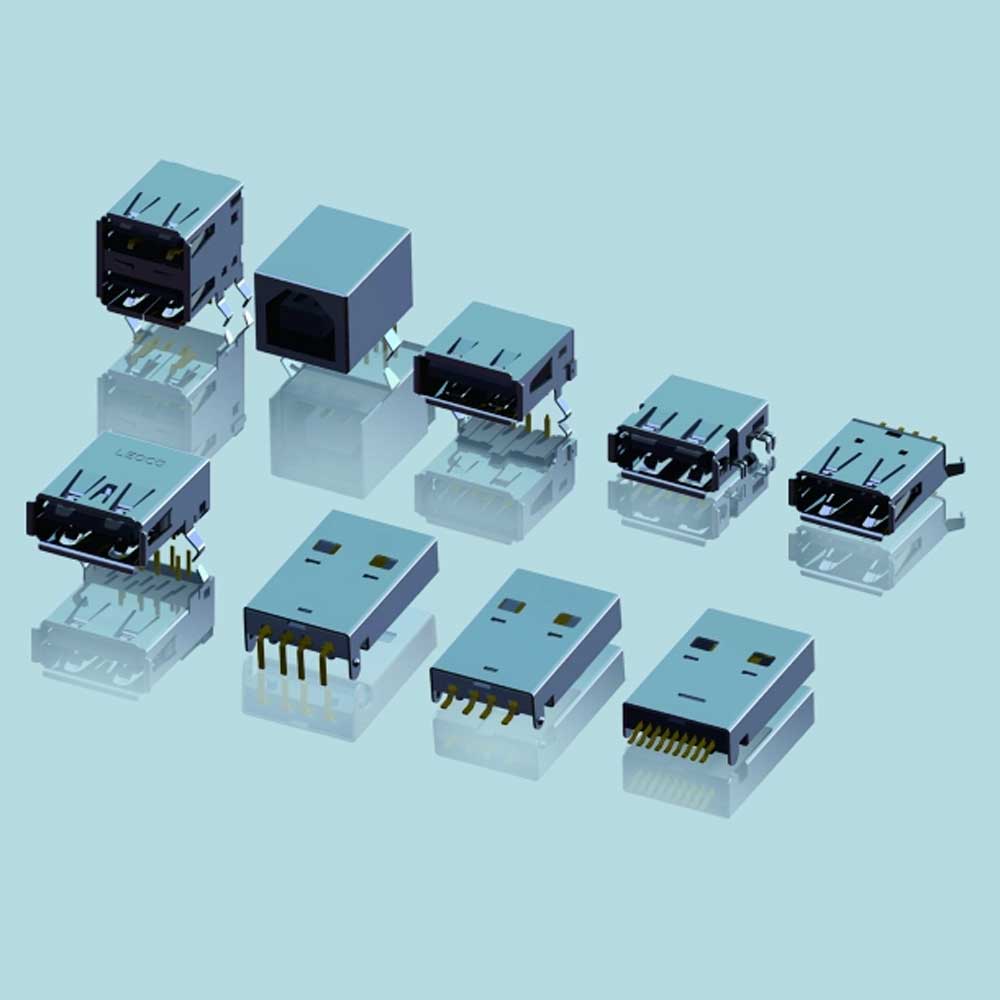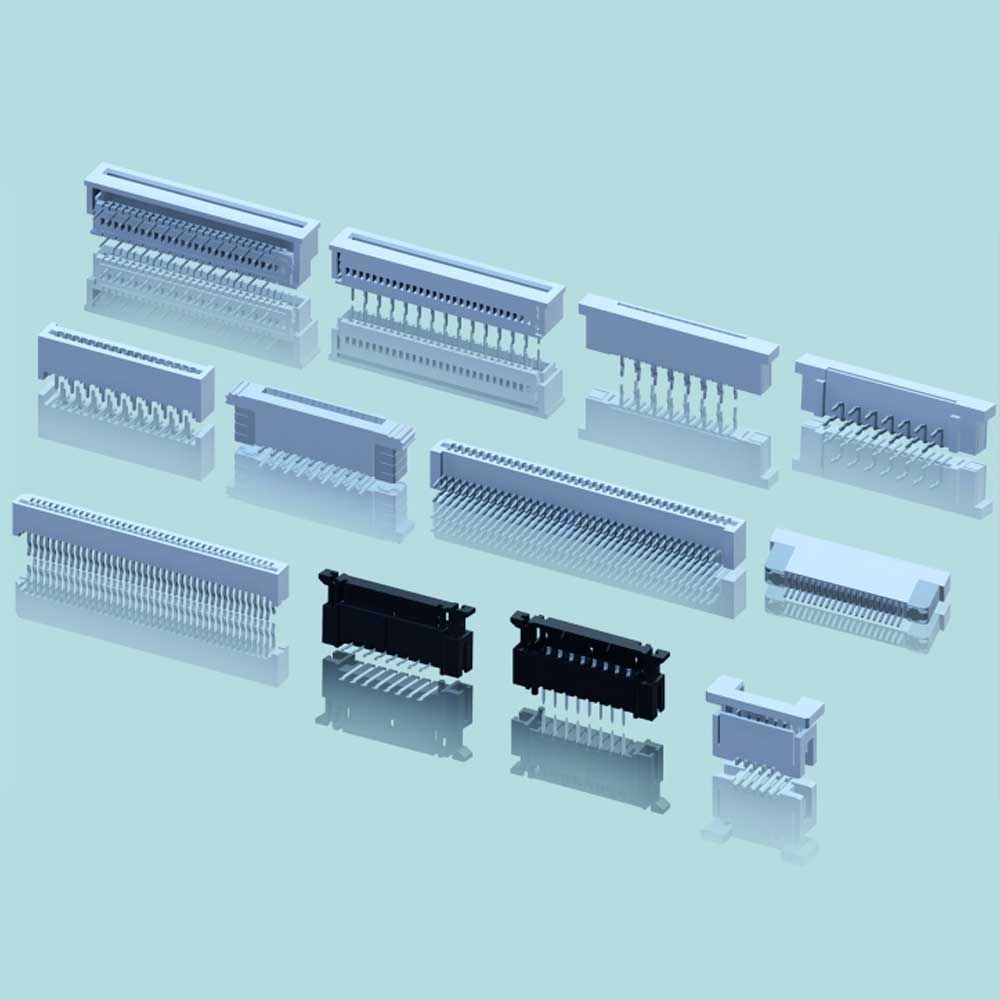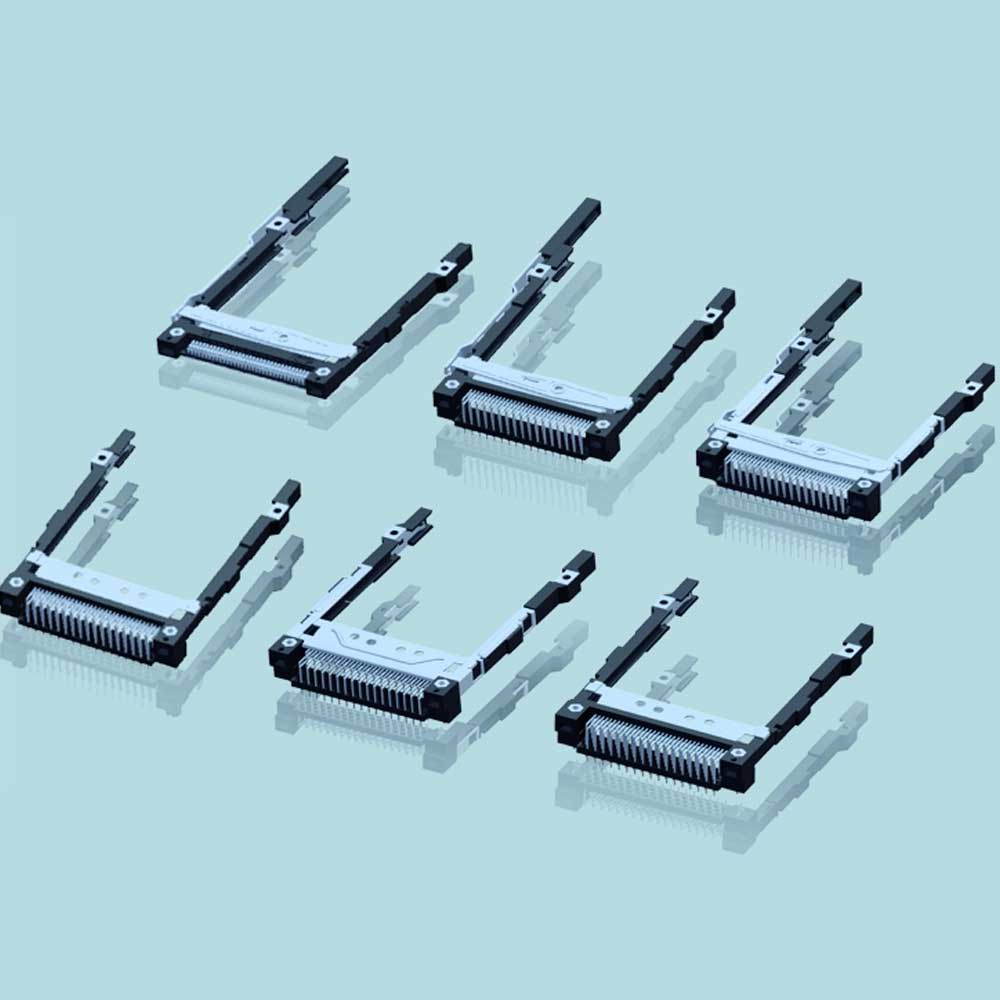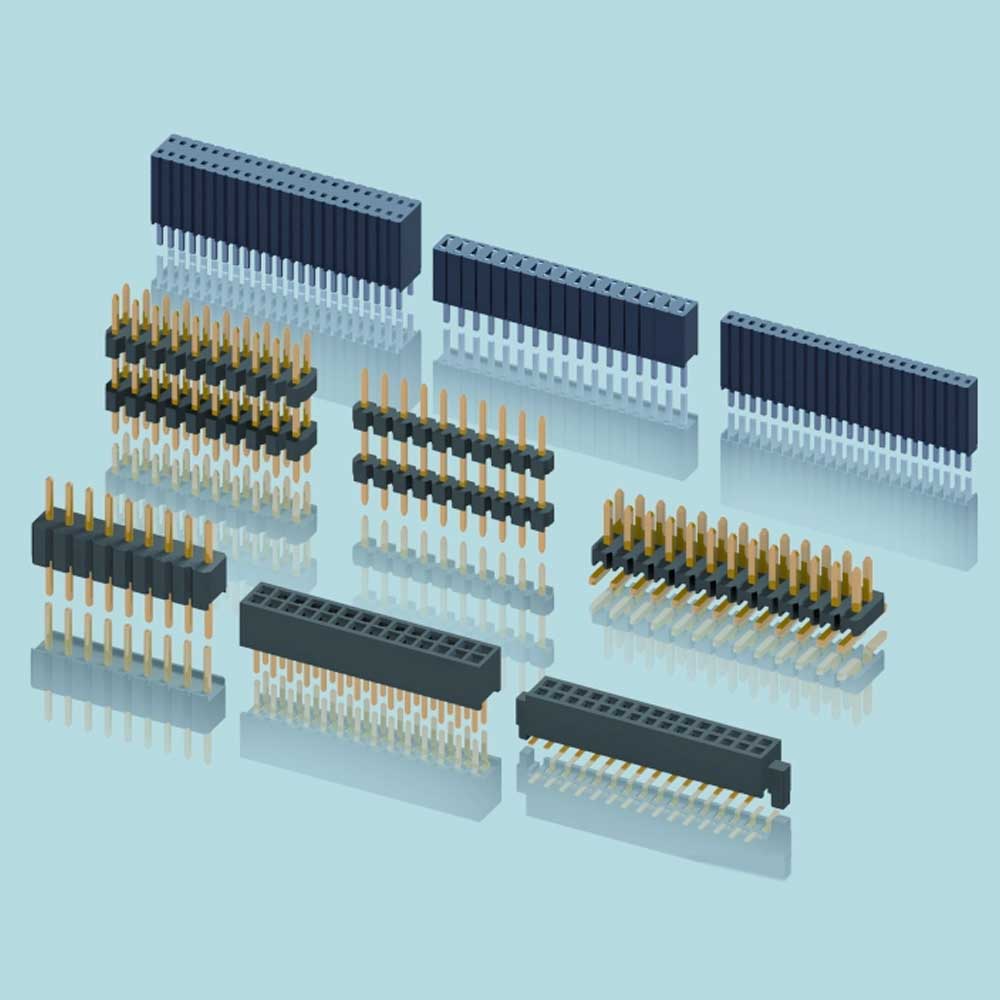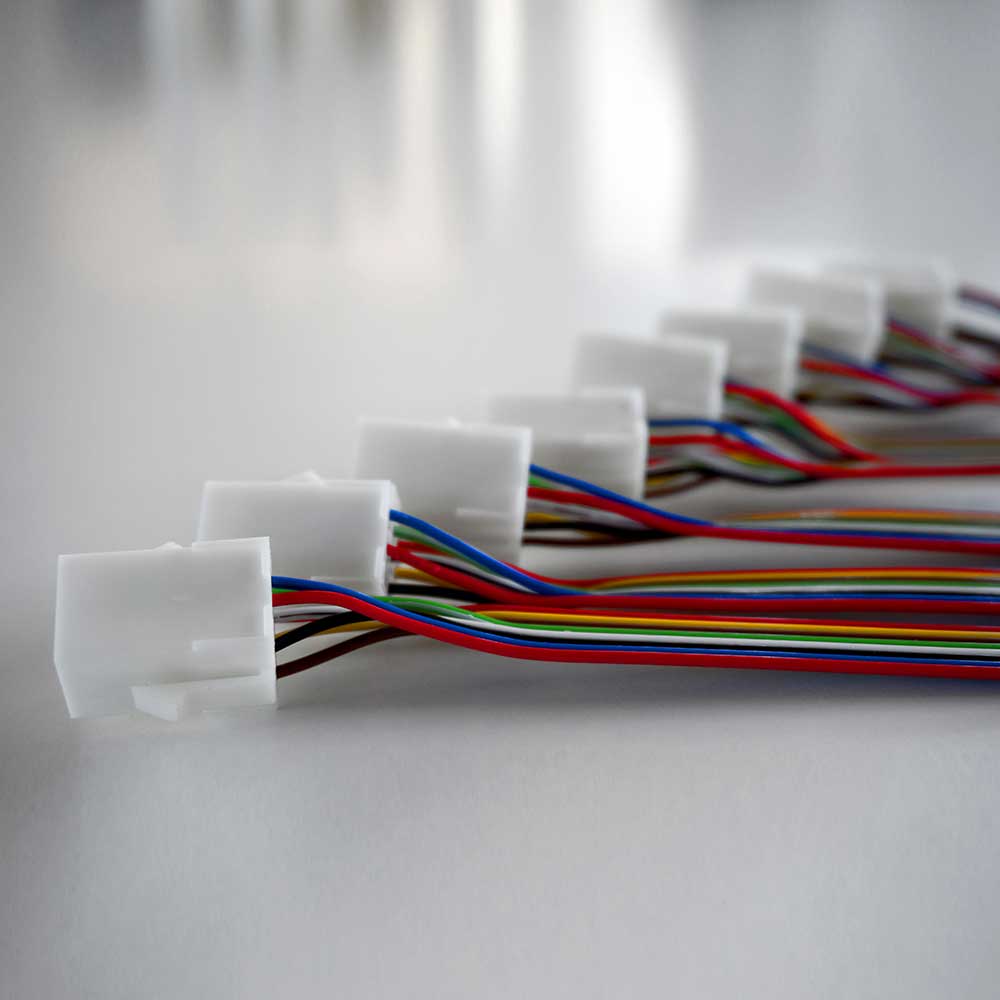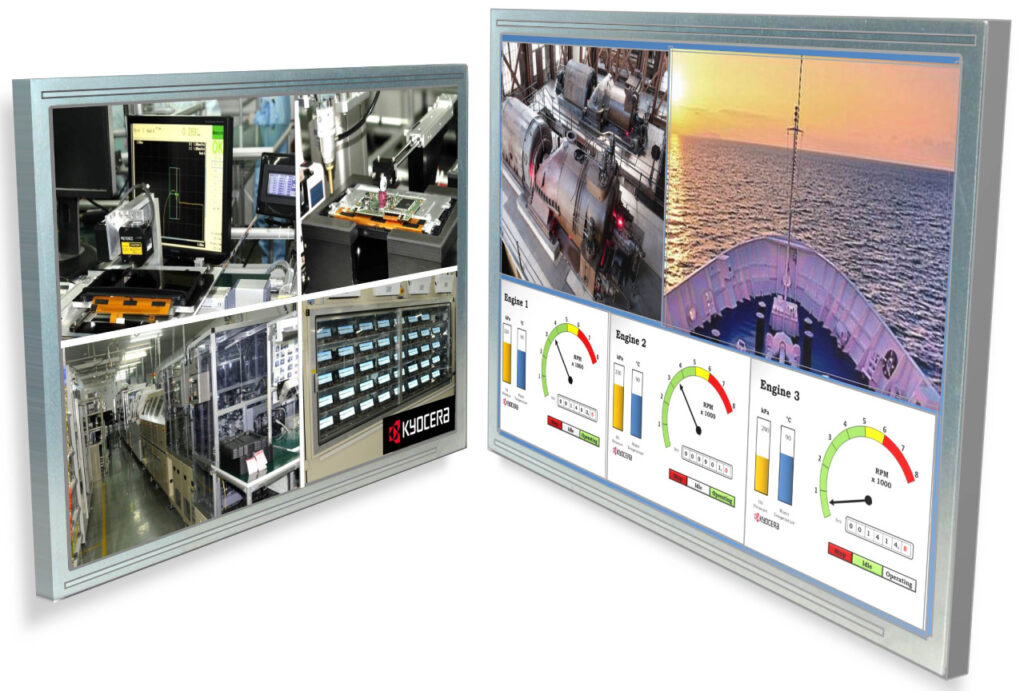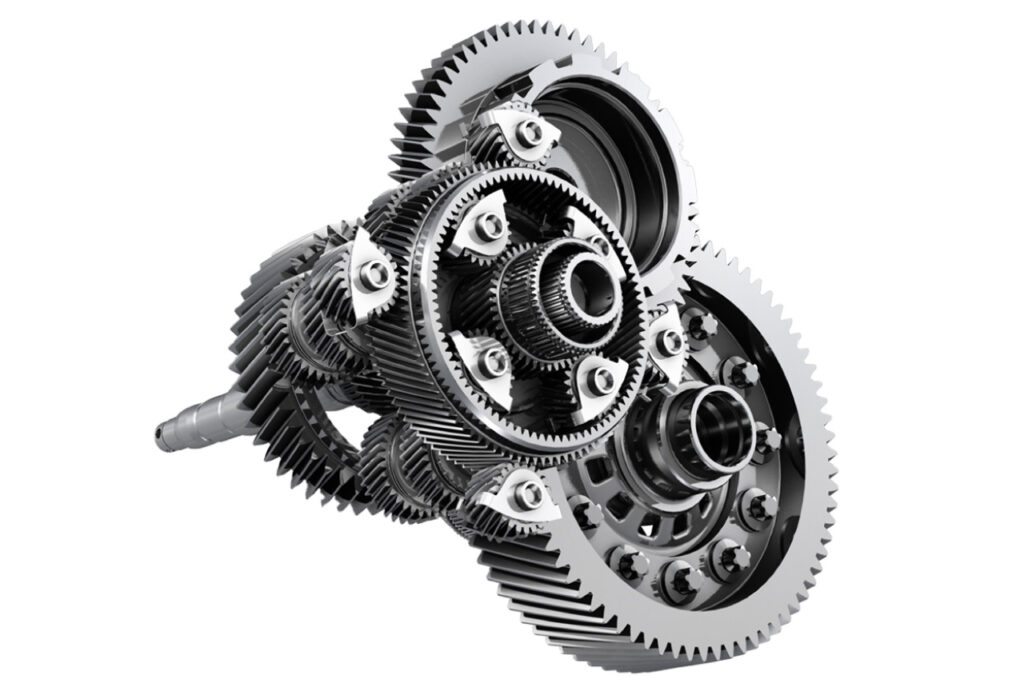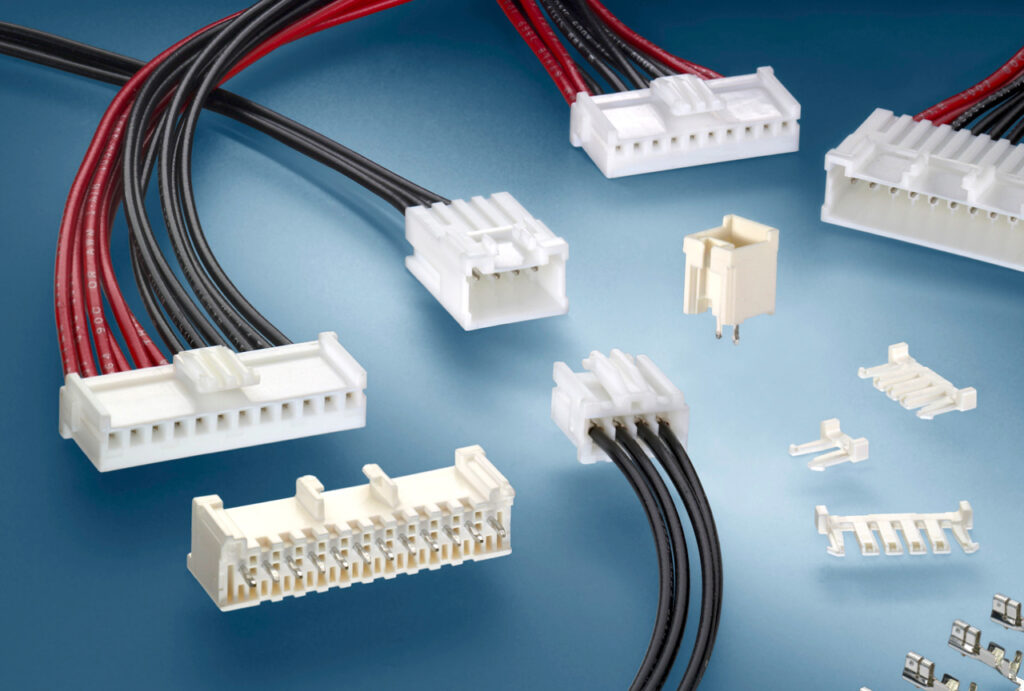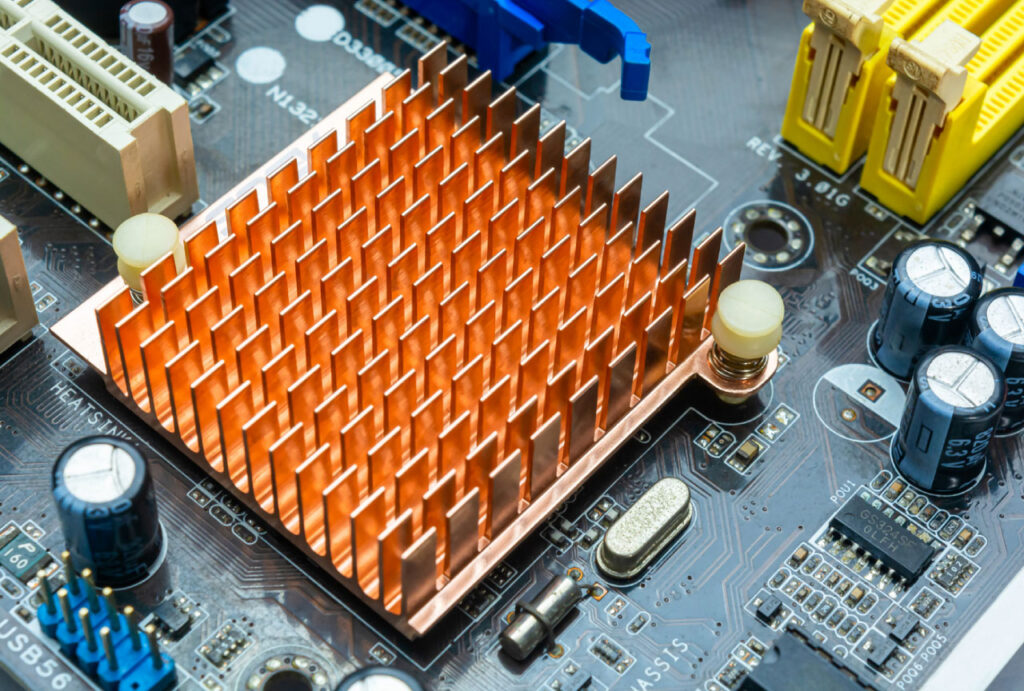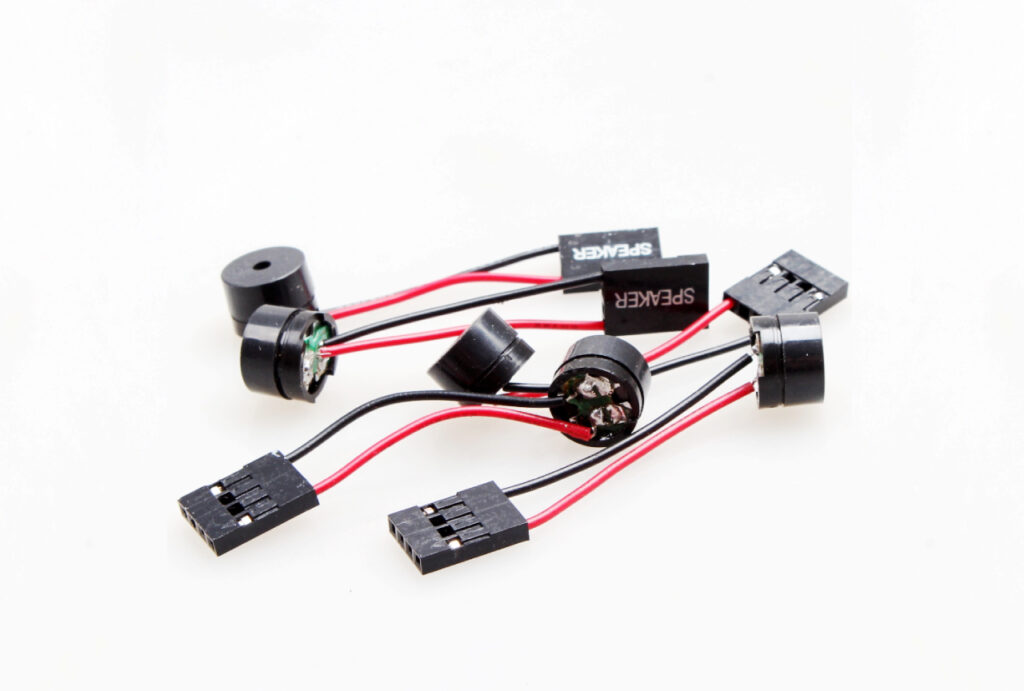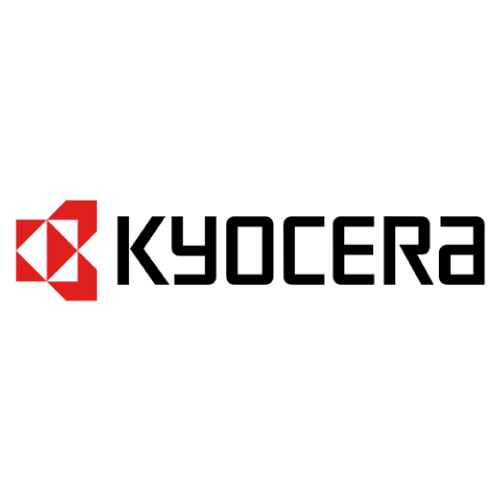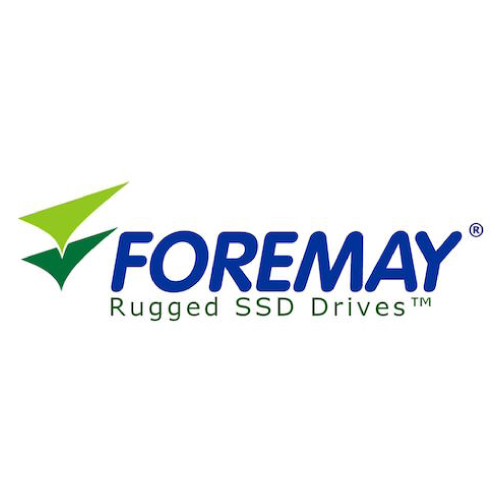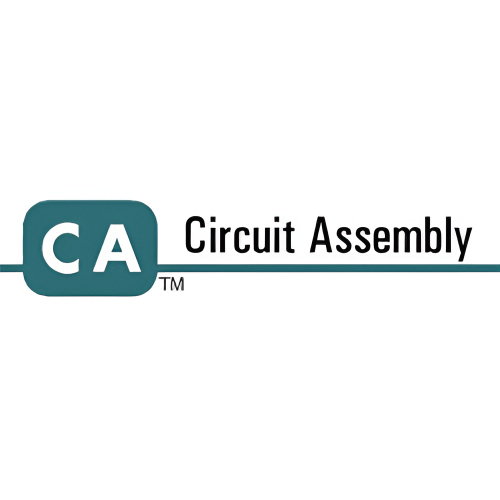Wire To Board Connectors
Home » Products » Connectors » Wire To Board Connectors
The world of electronics is constantly evolving, with new technologies and components being developed and refined every day. Among the many components that are essential to the industry, wire to board connectors have become a ubiquitous part of electronic devices. From small consumer electronics to large industrial machines, wire to board connectors play a critical role in ensuring the smooth functioning of electronic systems. These connectors are designed to connect wires to a printed circuit board (PCB), providing a reliable and secure connection between the various components of an electronic device.
About
How the technology works
Wire to board connectors are designed to connect wires to a printed circuit board (PCB). The connectors are made up of two parts: a socket and a header. The socket is the female component of the connector, which is attached to the PCB. The header is the male component of the connector, which is attached to the wires.
The socket and header are designed to fit together, allowing the wires to be connected to the PCB. The connector pins are usually made of brass or copper, which provides good electrical conductivity. The connector housing is made of plastic, which provides mechanical stability and insulation.
Advantages and limitations
Wire to board connectors offer several advantages, such as:
-
Easy to install: Wire to board connectors are easy to install and can be attached to the PCB without any special tools or equipment.
-
Reliability: Wire to board connectors provide a reliable connection between the wires and the PCB. They are designed to withstand a range of environmental conditions, including temperature and vibration.
-
Versatility: Wire to board connectors come in a variety of sizes and configurations, making them suitable for a range of applications.
However, wire to board connectors also have some limitations, such as:
-
Size limitations: The size of the wire to board connector can limit the number of wires that can be connected to the PCB.
-
Cost: Wire to board connectors can be more expensive than other types of connectors.
Applications
Wire to board connectors are used in a wide range of applications, including:
-
Computers: Wire to board connectors are used in computers to connect components such as hard drives, optical drives, and power supplies to the motherboard.
-
Consumer electronics: Wire to board connectors are used in consumer electronics devices such as TVs, mobile phones, and digital cameras.
-
Automotive: Wire to board connectors are used in automotive applications to connect various components such as sensors, switches, and motors.
Conclusion
In conclusion, wire to board connectors are an essential part of the electronics industry. They provide a reliable and easy-to-install connection between wires and PCBs. Wire to board connectors offer several advantages, including versatility and reliability, but also have some limitations, such as size and cost. They are widely used in a range of applications, including computers, consumer electronics, and automotive.
